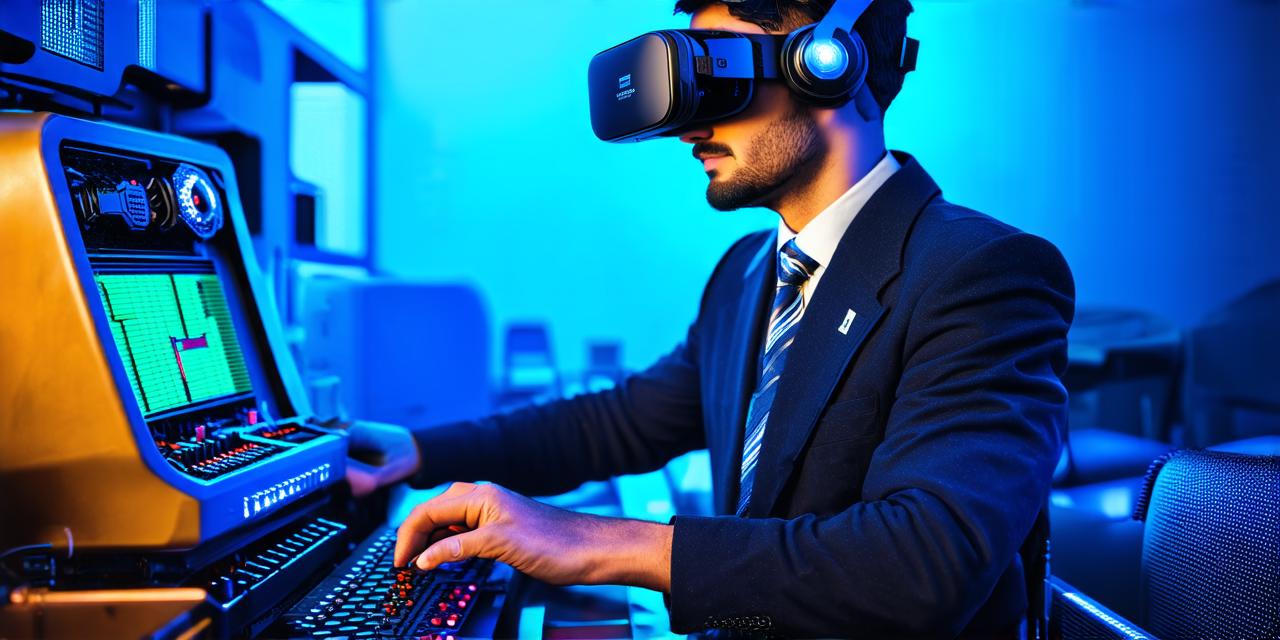
When was virtual world invented?
Virtual worlds have been a part of human imagination for centuries, but it wasn’t until the 20th century that they began to take on a more tangible form.
Table of Contents
ToggleEarly Virtual Worlds
One of the earliest examples of a virtual world was the “Oculus” device, invented by Edward Condon in 1943. The Oculus was a head-mounted display that created an illusion of depth and movement, allowing users to feel like they were inside a virtual environment.
In the 1960s, computer scientists like Ivan Sutherland began experimenting with virtual reality. He created “Skywalk,” a program that allowed users to explore a virtual world from a first-person perspective. Skywalk was a major milestone in the development of virtual worlds, and it laid the groundwork for future VR technology.
Later Developments
In the 1980s, advances in computer graphics and hardware made it possible to create more realistic and immersive virtual environments. One of the most influential figures in this period was Jaron Lanier, who coined the term “virtual reality” in 1983.
Lanier’s work inspired several companies to develop VR technology, including Silicon Graphics (SGI) and Virtual Light Entertainment (VLE). These companies created some of the first commercial virtual worlds, such as “The Sword of Damocles” and “Virtual Reality Theater.”
Modern Virtual Worlds

Today, virtual worlds have become increasingly popular, with millions of people around the world using them for gaming, socializing, and education. Some of the most well-known virtual worlds include “Second Life,” “World of Warcraft,” and “Minecraft.”
These modern virtual worlds are made possible by advances in computer hardware, software, and networking technology. They allow users to create and customize their own avatars, explore vast and immersive environments, and interact with other users from around the world.
Conclusion
The invention of virtual worlds represents a major milestone in human history. From Edward Condon’s Oculus to the modern virtual worlds of today, these technologies have transformed the way we interact with each other and the world around us. As virtual worlds continue to evolve and improve, it will be fascinating to see how they shape our future.

